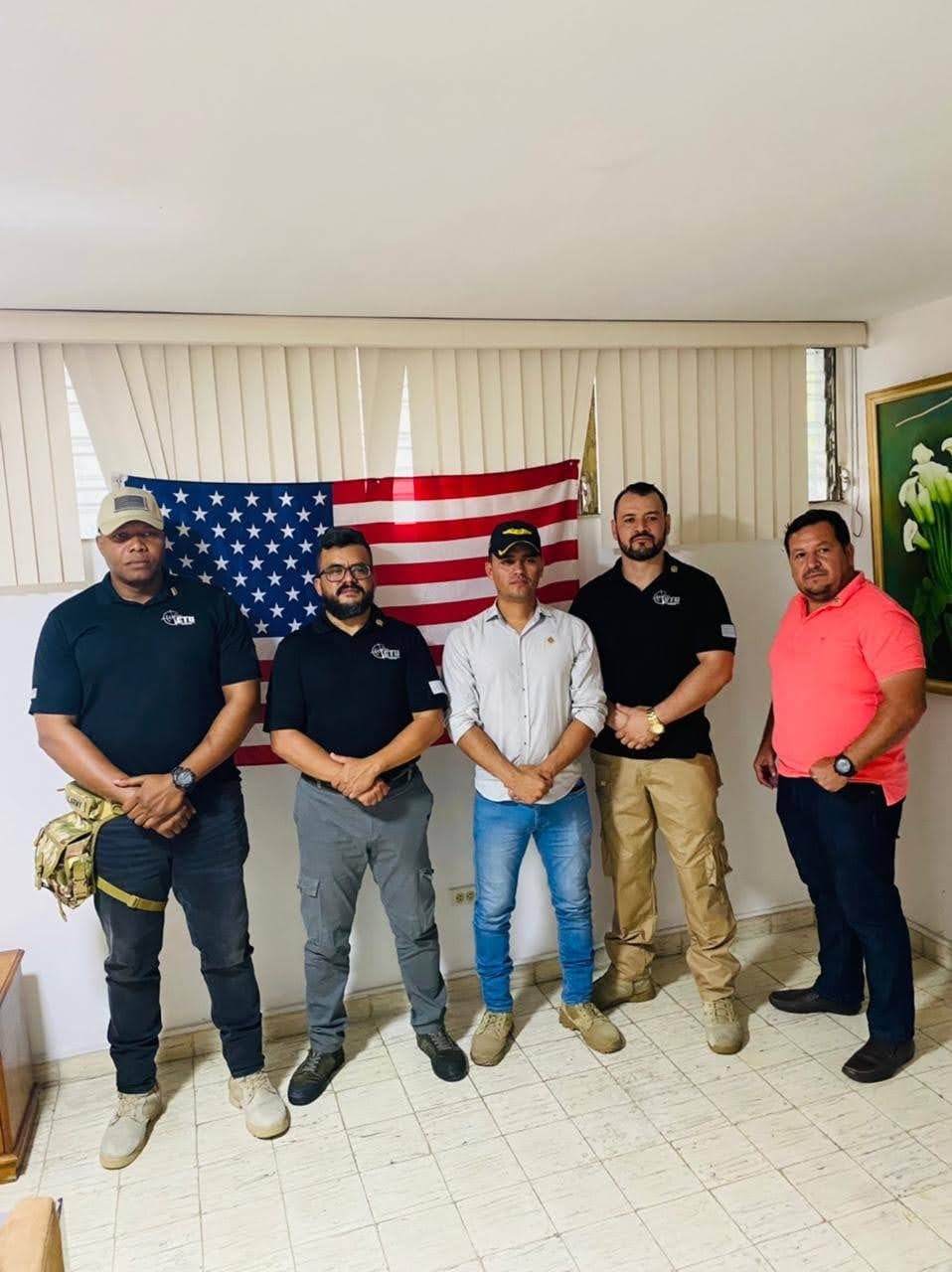In a curious new twist to the investigation into the murder of the president of Haiti last July, the Justice Department has asked a court in Miami to impose special security measures to protect classified information from becoming public in the case of one of the men accused of participating in the alleged assassination plot last July.
Is there a U.S. intelligence agency link to the assassination of Haiti's president?
The government says evidence in the court case of a Colombian accused of participating in the assassination of President Jovenel Moise involves classified information. But it's unclear what is the link to U.S. intelligence agencies. (Leer en español)

In a court filing, the prosecutor asked the judge to appoint a ‘Classified Information Security Officer’ in its case against Mario Palacios, a former Colombian soldier who was arrested after the assassination.
The request, which was granted by the judge, appears to confirm suspicions regarding some still unclear link between the assassination of president Jovenel Moise and the actions of U.S. government intelligence agents or informants. The court documents do not explain in detail why the protective measure is necessary, or what kind of evidence it might refer to.
“The government is pretty much telegraphing CIA involvement,” said Mike Vigil, the former head of operations for the DEA in the Caribbean.
“The [court] filing once again raises questions about what, precisely, the US has been up to in Haiti, and what information it may have regarding the plot to assassinate the president,” said Jake Johnston, a Haiti watcher with the Center for Economic Policy and Research (CEPR) in Washington DC. “Unfortunately, it appears the public won’t be getting answers anytime soon. With the investigation in Haiti going nowhere, many had been looking to the FBI probe for answers — the filing indicates that nobody should be holding their breath,” he added.
Notas Relacionadas
The alleged role of Palacios in the assassination of Moise
Palacios was one of about twenty Colombian former soldiers who are accused of mounting an assault on the residence of Moise on the night of July 7, resulting in his death. Three Colombians were killed in the aftermath while the rest were arrested, except for Palacios who escaped. He was arrested months later by U.S. authorities in Panama on a layover flight from Jamaica to Colombia. His trial was set for May 9 and is now likely to be delayed several months.
The case involves a Haitian businessman who is also in U.S. custody, Rodolphe Jaar, who is a former DEA informant who spent time in jail for smuggling cocaine. A second DEA informant, Joseph Vincent, is one of three Haitian-Americans who was arrested with the Colombians in Haiti. Another suspect named in a Haitian police investigation into the assassination, Arcangel Pretel, is a former Colombian military trainer who worked closely with anti-narcotics operations in the 1990s at the time of close cooperation between the CIA, the DEA and Colombian forces to bring down the Medellin and Cali cocaine cartels.
Notas Relacionadas
While not completely extraordinary in cases in South Florida or Washington DC, the evidence protection order is “indicative of either a source who has intelligence ties or a defendant who has ties to intelligence information that could be exculpatory or inculpatory,” said David Weinstein, a former federal prosecutor who now works in private practice in Miami.
Due to the “unusual and complex” nature of the investigation in Haiti, the government has also requested a delay in the trial of Palacios, partly due to “the need for the parties to engage in certain processes related to the Classified Information Procedures Act (CIPA), according to court documents.
Usually, the protective order is made to ensure that classified evidence shared with the defense is not made public in court. Sometimes that is done to protect the identities of U.S. government informants. Defense attorneys can be given security clearances in order to view the evidence, or they may receive summaries of it instead. The CIPA rules typically arise in terrorism cases, or when U.S. government informants are caught breaking the law.
“It means that there is evidence which includes classified information,” said Richard Gregorie, a former federal prosecutor in Miami who led several high-profile drug cases involving government informants, such as former Panamanian strongman, General Manuel Antonio Noriega, a former CIA asset who was convicted of drug trafficking in Miami 1991.
“The prosecutors are not supposed to deal directly with the CIA, but where a prosecution must disclose classified information which comes from the CIA or directly involves the CIA, there must be protocols that involve CIPA, classified information procedures act,” he said.
























